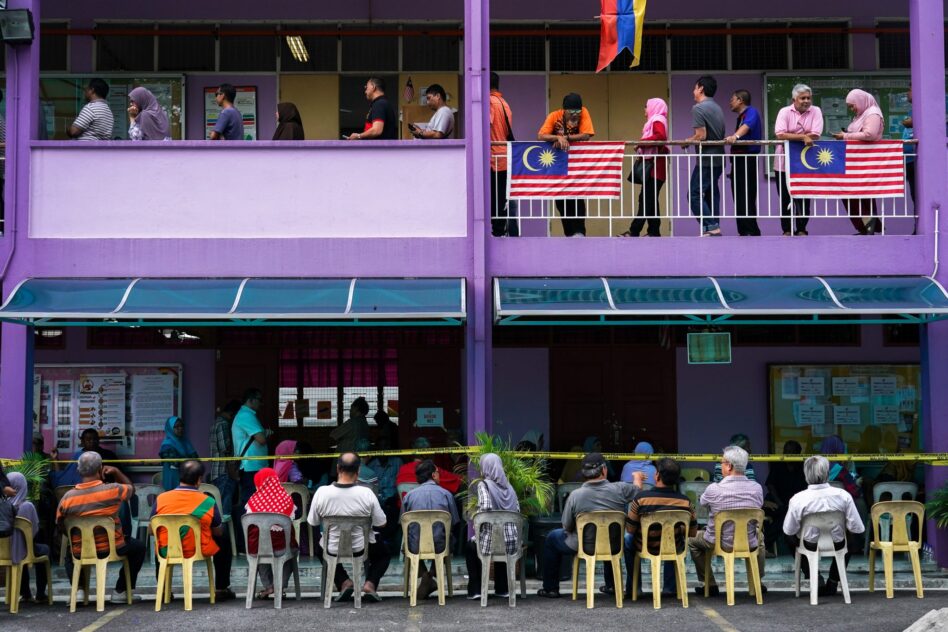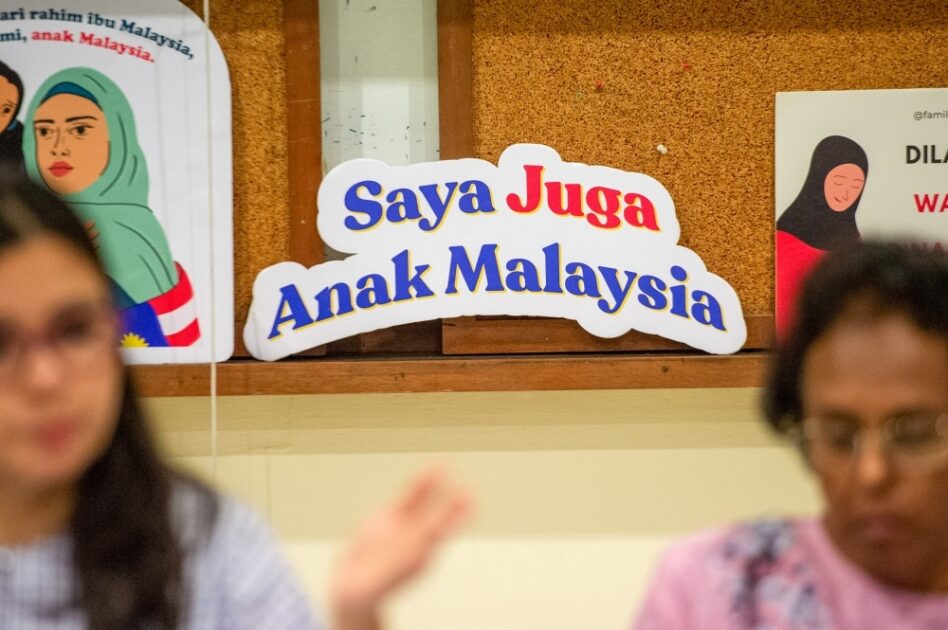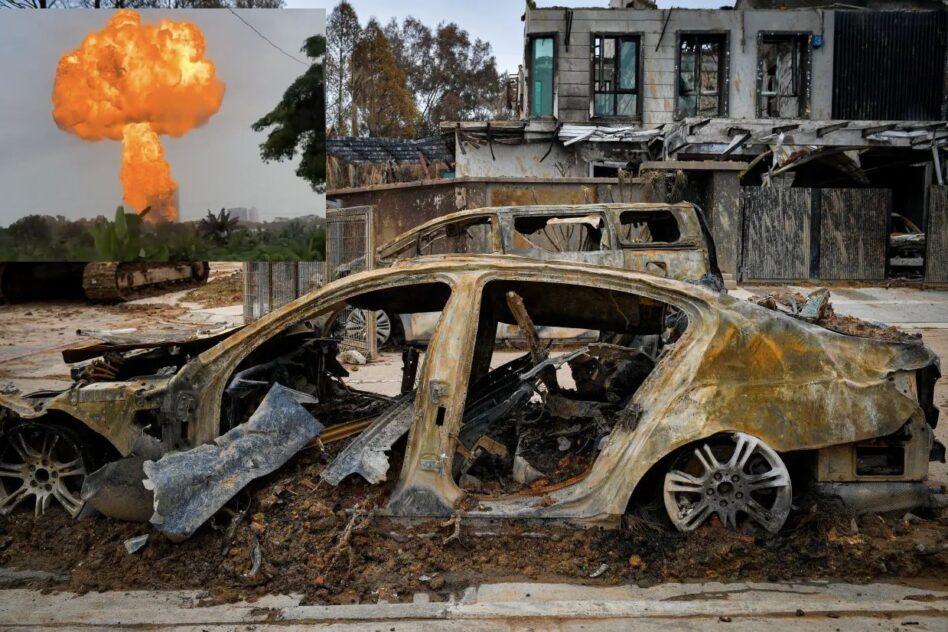MALAYSIA, a land rich in diversity, culture, and potential, stands at a crucial turning point. Decades of unresolved issues—corruption, inequality, racial polarisation, brain drain, and environmental degradation,have left many Malaysians asking a difficult but necessary question.
Does Malaysia need a reset?
The answer is a resounding yes. Not a mere tweak or a cosmetic reform, but a deep, systemic, and comprehensive reset, one that touches every dimension of our nationhood.
For too long, we have witnessed cycles of political instability, rising cost of living, racial and religious tensions, and environmental disasters exacerbated by poor governance and neglect.
These challenges are not isolated, they are interconnected symptoms of a system in urgent need of transformation.
If we dare to envision a better Malaysia, then we must be courageous enough to demand a reset Malaysia, a national movement towards renewal, integrity, and inclusivity.
Malaysia’s political landscape is fractured by race-based politics, corruption scandals, and short-term power struggles. A political reset means, leadership with integrity, dismantling race-based policies and embracing needs-based governance.

The nation’s democratic institutions need to strengthen with an independent judiciary, a truly autonomous anti-corruption commission, and a free media.
Electoral reforms need to be implemented which includes transparent political financing and term limits for top leadership. There must be prioritisation process in place for nation-building over narrow political gains.
The Malaysian economy reset must evolve beyond commodity dependence and low-wage labour to innovation.
The reduction of inequality through fairer tax policies, improved social safety nets, and access to quality jobs will empower workers with fair wages and protections especially in the gig economy.
Meanwhile, our education system must be more than an examination factory. It must shape thinkers, innovators, and ethical citizens, thus nurturing minds for the future.
This reset must includes modernising curricula to prioritise critical thinking, creativity, digital literacy, and environmental stewardship.
It must provide equal educational opportunities regardless of race, income, or region especially in Sabah, Sarawak and marginalised communities which will end the politicisation of education while promoting a balance of merit and social equity.
Budget must be sufficiently located in investing in teacher training and elevating of the teaching profession to one of high esteem, which is lacking now.
The COVID-19 pandemic has exposed the cracks in Malaysia’s healthcare system. A healthcare reset demands dignity in wellness for all, not only for those can afford in private hospitals.
The public hospitals must be strengthened to public healthcare facilities, ensuring equitable access nationwide to all Malaysians.
Issues regarding doctors overworking and getting exhausted are areas required urgent attention by the government. Many doctors are leaving government service in thousands either to private sector or going aboard.
The mental health services must be promoted extended and the public must educated thus de-stigmatising psychological care. Government need to invest more in preventive care, telemedicine and digital health solutions.
Malaysia’s strength lies in its diversity. However, years of racial politicking have strained social cohesion. A social reset need to be brought into focus in order to bring about unity beyond identity.

Proper laws need to be enacted against discrimination and hate speech which will go a long way in preventing disunity.
Affirmative citizenship rights for stateless children and marginalised groups must once for all be solved not dangling with ulterior motives.
The promotion of gender equality and ensuring representation for women in leadership and in the parliament representation must not just be mere lip service but must become a reality.
National unity based on respect, shared values, and common aspirations must be reignited.
Malaysia is require a environmental reset which requires stewardship over exploitation.
The relationship with the environment cannot be transactional. The floods, pollution and deforestation are warning signs of systemic failure. A green reset calls for aggressive climate action achieving net-zero emissions by 2050.
This will end deforestation and restoring degraded ecosystems.
Another area of concern is in investing in clean energy, sustainable transportation, and climate-resilient infrastructure thus protecting biodiversity and preserving natural resources for future generations.
No reset is possible without a change in the national psyche on the moral and cultural mindset. The government must look beyond laws and policies, which must embrace a cultural transformation that rejects corruption not just as a crime but as a moral failure.
More celebration on diversity through arts, dialogue, and mutual respect must be initiated championing integrity, compassion, and civic responsibility as national values.
This will encourage active citizenship where every Malaysian contributes to nation-building.
In conclusion a call to Malaysians which is more than a political programme, which is a generational call. A call to dream of a Malaysia that puts integrity above power, justice above privilege and unity above division. ‒ July 3, 2025
K.Tamil Maran ( KT Maran)
Seremban, Negri Sembilan
The views expressed are solely of the author and do not necessarily reflect those of Focus Malaysia.
Main image: The Borneo Post









